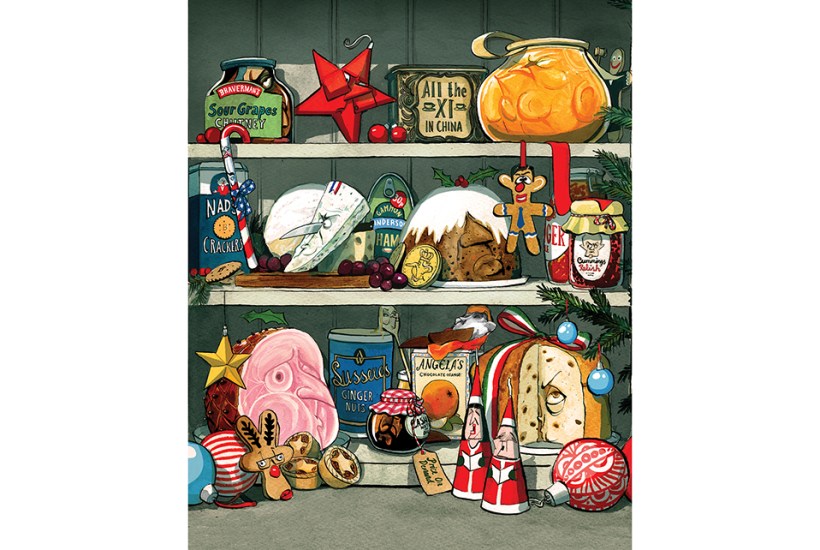Beyond good and evil
Sir: In your Christmas issue, both James Macmillan (Composer’s Notebook) and Israel’s President, Isaac Herzog, in his interview with Andrew Roberts, refer to the ‘war between good and evil’, as if most of us experience life on Earth as a continuous struggle of this kind. But many issues cannot be polarised so simplistically, and our understanding of religion and psychology has moved on.
Already a subscriber? Log in
Subscribe for just $2 a week
Try a month of The Spectator Australia absolutely free and without commitment. Not only that but – if you choose to continue – you’ll pay just $2 a week for your first year.
- Unlimited access to spectator.com.au and app
- The weekly edition on the Spectator Australia app
- Spectator podcasts and newsletters
- Full access to spectator.co.uk
Or
Unlock this article
You might disagree with half of it, but you’ll enjoy reading all of it. Try your first month for free, then just $2 a week for the remainder of your first year.








Comments
Don't miss out
Join the conversation with other Spectator Australia readers. Subscribe to leave a comment.
SUBSCRIBEAlready a subscriber? Log in